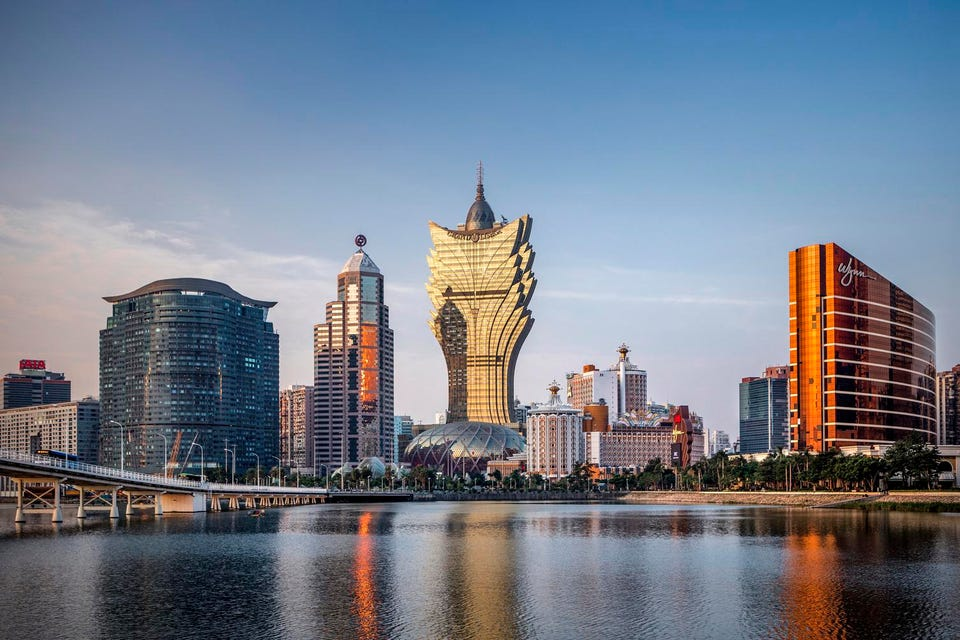Analyst: Macau casinos were given a bad hand with their non-gaming responsibilities
Analyst: Macau casinos were given a bad hand with their non-gaming responsibilities

Analyst: Macau casinos were given a bad hand with their non-gaming responsibilities
In November, six casino owners in Macau agreed to 10-year gaming concessions that came with terms that could make the market less appealing. Ben Lee, a top gaming analyst who focuses on Asian markets, says this is the case.
Macau and its six casino licensees, Sands, Galaxy, Melco, SJM, Wynn, and MGM, agreed to invest an additional $15 billion over the course of their concession terms. The new licenses are good until December 31, 2033.
90% of the $15 billion in capital improvements must be spent on things that don’t have to do with gambling. The order comes from Beijing, which has told Macau to move away from gambling and diversify its economy.
Over the past three years, COVID-19 has made it clear how much Macau depends on tax money from casinos. This is because COVID-19 has stopped visitors from going to Macau. Gross gaming revenue (GGR) fell from $36.4 billion in 2019 to $7.5 billion in 2020, $10.8 billion in 2021, and just $5.25 billion in 2018.
Not attractive: not a gambler
Lee, who established IGamiX, believes the Macau government’s $13.5 billion in non-gambling spending for the new concessions affects the six gaming giants. Casinos’ non-gaming revenue was 5% before COVID-19.
Lee stated Macau’s casino diversification efforts failed. He noted that nongaming in Asia is much less profitable than in Las Vegas and other huge casinos, where it has been encouraged.
Lee told Reuters that none of the operators had made significant success outside of gaming in the past 20 years. Since Asians spend money differently, non-gambling enterprises don’t make as much money as in Las Vegas.
Lee felt Galaxy, Melco, and Sands could earn from non-gambling ventures. Lee said Macau isn’t as popular for holidays as Las Vegas or Singapore’s integrated casino resorts.
Infrastructure Concerns
Lee worries about the $13.5 billion in non-gambling investments because he doesn’t think Macau is ready for a lot of business and non-casino visitors. Lee said Macau’s infrastructure is antiquated and there aren’t enough competent personnel.
Macau is also far from many potential visitors. Macau International Airport has few direct flights to feeder markets outside mainland China.
“I haven’t seen any indication that the government would address these issues. Lee said mishandled public works “leave concessionaires with a less-than-ideal way to attract customers.”
Moreover, Macau is popular with mainlanders, notably for gambling, which is outlawed in China. Commercial gambling was legalized in 2002, two years after China took it back from Portugal.





